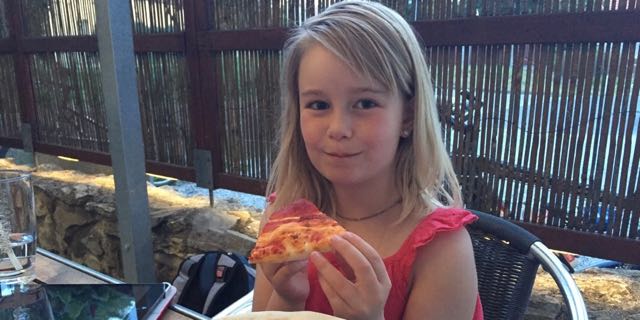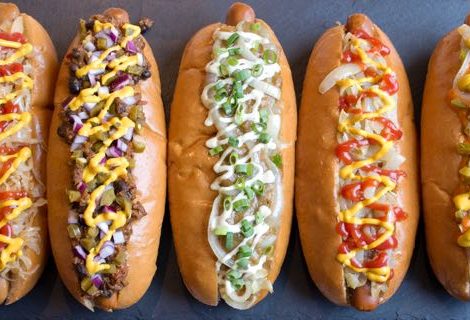Emma Grace Fairchild:
There’s a growing amount of information available about childhood physical development, and nutrition is becoming an issue for many families. How do we get the most nutritious foods into children’s diets? The “Five a Day” recommendations set by the U.S. Department of Agriculture suggests a variety of vegetables and fruits in every meal. This can be hard for adults and nearly impossible for parents with children who refuse to eat anything other than starchy carbohydrates and processed foods.
is becoming an issue for many families. How do we get the most nutritious foods into children’s diets? The “Five a Day” recommendations set by the U.S. Department of Agriculture suggests a variety of vegetables and fruits in every meal. This can be hard for adults and nearly impossible for parents with children who refuse to eat anything other than starchy carbohydrates and processed foods.
It is generally assumed that pickiness towards foods is either a phase that a child grows out of, is hereditary, or is just a fact of life. Recent research suggests that this all may be wrong and that such habits are in fact learned even before a child is born. Studies have shown that when mothers ate anise or drank carrot juice while pregnant, their babies were more likely to prefer these flavors. This is an interesting theory but doesn’t explain picky children of mothers who do eat a varied diet, and the suggestion that it is the mother’s fault for not doing enough is unhelpful.
 It is also worth mentioning that some children may have sensory issues such as autism, and may be resistant to trying different foods for reasons completely unrelated to their parents’ efforts. Another recent discovery in the field of children’s health is an eating disorder called avoidant restrictive food intake disorder, which is a version of picky eating that can cause serious malnutrition and anxiety if unaddressed. Worse yet is the recent association with extremely picky eaters and future anxiety disorders. Comparatively, it can be completely normal for children to like and dislike foods throughout their development. Growth spurts, for example, can cause a change in taste preferences.
It is also worth mentioning that some children may have sensory issues such as autism, and may be resistant to trying different foods for reasons completely unrelated to their parents’ efforts. Another recent discovery in the field of children’s health is an eating disorder called avoidant restrictive food intake disorder, which is a version of picky eating that can cause serious malnutrition and anxiety if unaddressed. Worse yet is the recent association with extremely picky eaters and future anxiety disorders. Comparatively, it can be completely normal for children to like and dislike foods throughout their development. Growth spurts, for example, can cause a change in taste preferences.
Ultimately, there seems to be no one explanation for pickiness. For a more comprehensive look into the science of eating, check out Bee Wilson’s book First Bite: How We Learn to Eat. It covers a wide variety of theories into early food preferences, memories and associations without placing blame or shaming people who may be picky eaters (or who are raising one).Take solace that this is a complicated issue that affects many people. Do you have a picky eater in your family? What are your experiences navigating food and meals with specific food preferences?










